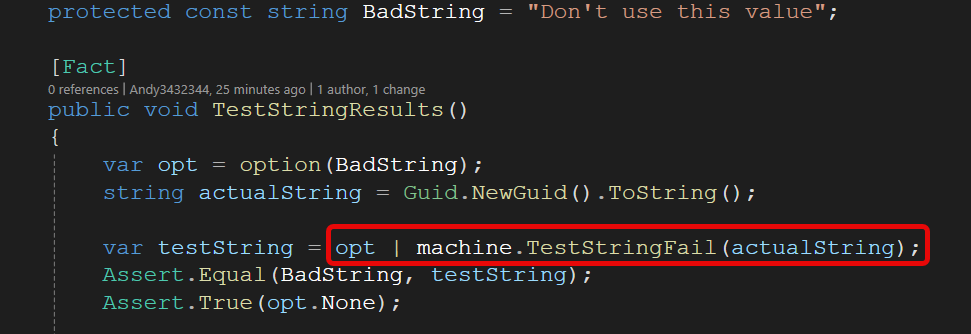this post was submitted on 10 Aug 2024
17 points (94.7% liked)
C Sharp
1540 readers
2 users here now
A community about the C# programming language
Getting started
Useful resources
- C# documentation
- C# Language Reference
- C# Programming Guide
- C# Coding Conventions
- .NET Framework Reference Source Code
IDEs and code editors
- Visual Studio (Windows/Mac)
- Rider (Windows/Mac/Linux)
- Visual Studio Code (Windows/Mac/Linux)
Tools
Rules
- Rule 1: Follow Lemmy rules
- Rule 2: Be excellent to each other, no hostility towards users for any reason
- Rule 3: No spam of tools/companies/advertisements
Related communities
founded 2 years ago
MODERATORS
you are viewing a single comment's thread
view the rest of the comments
view the rest of the comments

Null pointers are one thing, C# nulls (with nullable reference types enabled) are another. They behave a lot like an Option monad with the caveat that the static analysis can technically be tricked by incorrect hints.
I very much disagree with this, Null Reference Exceptions have been a huge problem in c#. Nullable reference types are a partial fix, but the question of "how do I 'return' an error from a statically typed method" is not answered there.